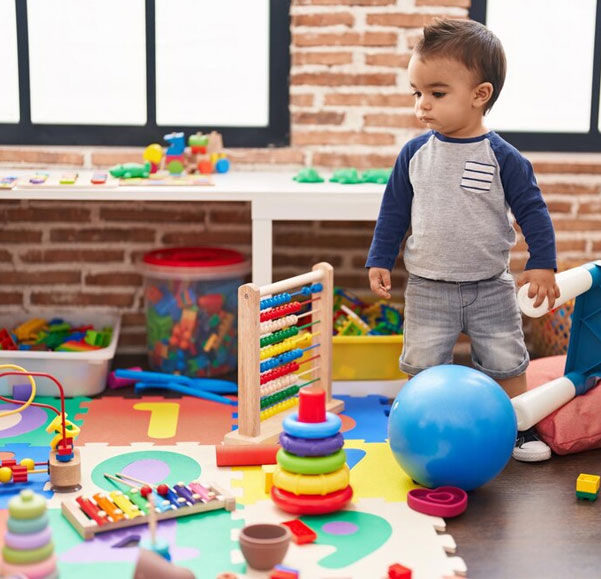In Montessori education, the term "Infant 2" typically refers to toddlers aged around 18 months to 3 years. This stage follows the "Nido" (Infant 1) phase (birth to 18 months) and focuses on increased mobility, language development, and independence.
Proactively my cardinate quality vectors rather than
Montessori environments avoid restrictive furniture like high chairs or playpens, allowing children to explore and develop coordination naturally.
Teachers engage in rich conversation, storytelling, and songs to build vocabulary and communication skills.


Specially designed Montessori materials help refine fine and gross motor skills, such as puzzles, stacking objects, and pouring activities.
Mixed-age classrooms help toddlers learn patience, cooperation, and empathy through observation and interaction.
The Montessori approach fosters confidence and autonomy by allowing children to make choices and take responsibility in their environment. This stage is crucial in laying the foundation for future learning, helping toddlers develop concentration, coordination, order, and independence—all essential traits for their continued Montessori journey.